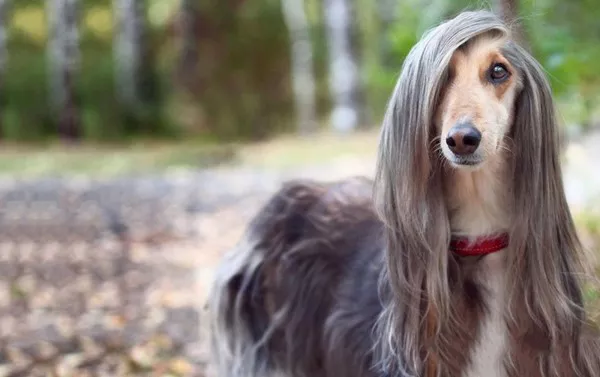Rottweilers are magnificent and powerful dogs known for their strength, loyalty, and protective instincts. Proper nutrition is crucial to maintain their health, energy, and well-being. If you’re a Rottweiler owner or planning to welcome one into your home, it’s essential to understand how to feed these remarkable canines correctly. In this comprehensive guide, we will explore the dietary needs, feeding schedule, portion control, and special considerations for Rottweiler dogs.
Understanding Rottweiler Dietary Needs
High-Quality Dog Food:
Start by selecting a high-quality commercial dog food that meets the specific nutritional needs of Rottweilers. Look for a brand that lists a quality source of animal protein, such as chicken, beef, or fish, as the primary ingredient. Avoid dog foods that contain excessive fillers like corn, wheat, or soy.
Protein:
Rottweilers are a large and muscular breed, so they require a diet rich in protein. Protein is essential for muscle maintenance and growth. Look for dog foods that provide at least 18-22% protein content.
Fat:
Fat is a concentrated source of energy and is necessary for Rottweilers to maintain their activity levels. Ensure that the dog food contains around 8-15% fat. Opt for healthy fats like those found in chicken fat or fish oil.
Carbohydrates:
While dogs are primarily carnivores, they still need carbohydrates for energy. High-quality carbohydrates like brown rice, sweet potatoes, or whole grains can be included in their diet. Aim for a dog food with 40-50% carbohydrates.
Fiber:
Fiber aids in digestion and helps maintain a healthy weight. Look for dog foods that contain 3-5% fiber. Sources of fiber can include vegetables like carrots or peas.
Vitamins and Minerals:
Ensure that the dog food is well-balanced and includes essential vitamins and minerals. Calcium and phosphorus are critical for strong bones and teeth.
Feeding Schedule for Rottweiler Dogs
Establishing a consistent feeding schedule is essential for Rottweiler dogs. Here’s a general guideline for feeding your Rottweiler:
Puppy Stage (Up to 6 Months):
Puppies require more frequent meals to support their growth. Feed them three to four times a day.
Follow the feeding guidelines provided on the puppy food label. Consult your veterinarian for personalized recommendations.
Adolescent Stage (6 to 18 Months):
As your Rottweiler puppy transitions to adolescence, you can reduce the frequency of meals to two to three times a day.
Continue to monitor their growth and adjust portion sizes accordingly.
Adult Stage (18 Months and Older):
Adult Rottweilers typically thrive on two meals a day.
Divide their daily portion into these two meals to maintain their energy levels and prevent overeating.
Portion Control:
Proper portion control is essential to prevent overfeeding and obesity in Rottweilers. The recommended daily serving size varies depending on factors such as age, activity level, and metabolism. Here’s a rough estimate to guide you:
Puppies: Follow the guidelines on the puppy food label and adjust based on your veterinarian’s recommendations.
Adults: An adult Rottweiler weighing around 80-100 pounds may require approximately 2,000-3,000 calories per day. However, individual needs may vary, so consult your veterinarian to determine the right portion size for your specific dog.
Special Considerations
Weight Management: Obesity is a common issue in Rottweilers, which can lead to health problems. If your Rottweiler starts gaining excessive weight, consult your veterinarian for a weight management plan.
Hydration: Always provide access to fresh, clean water. Rottweilers can be prone to overheating, so proper hydration is crucial, especially in warm weather.
Allergies: Pay attention to any signs of food allergies or sensitivities, such as skin issues or digestive problems. If you suspect allergies, work with your veterinarian to identify and address the issue.
Special Diets: Some Rottweilers may require specialized diets due to medical conditions or allergies. Consult with your vet to determine if a special diet is needed.
Conclusion
Feeding your Rottweiler correctly is essential for their health and well-being. Choose a high-quality dog food that meets their specific nutritional needs, establish a consistent feeding schedule, and practice portion control. Regular veterinary check-ups will help ensure that your Rottweiler is maintaining a healthy weight and overall condition. With proper nutrition and care, your Rottweiler will thrive, showcasing their strength, loyalty, and affectionate nature for years to come.
Recommended reading:























